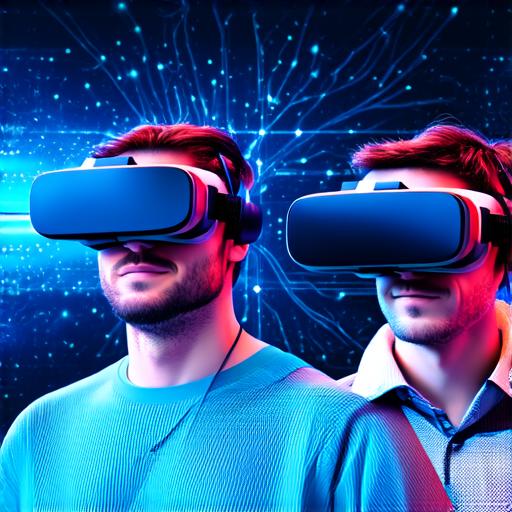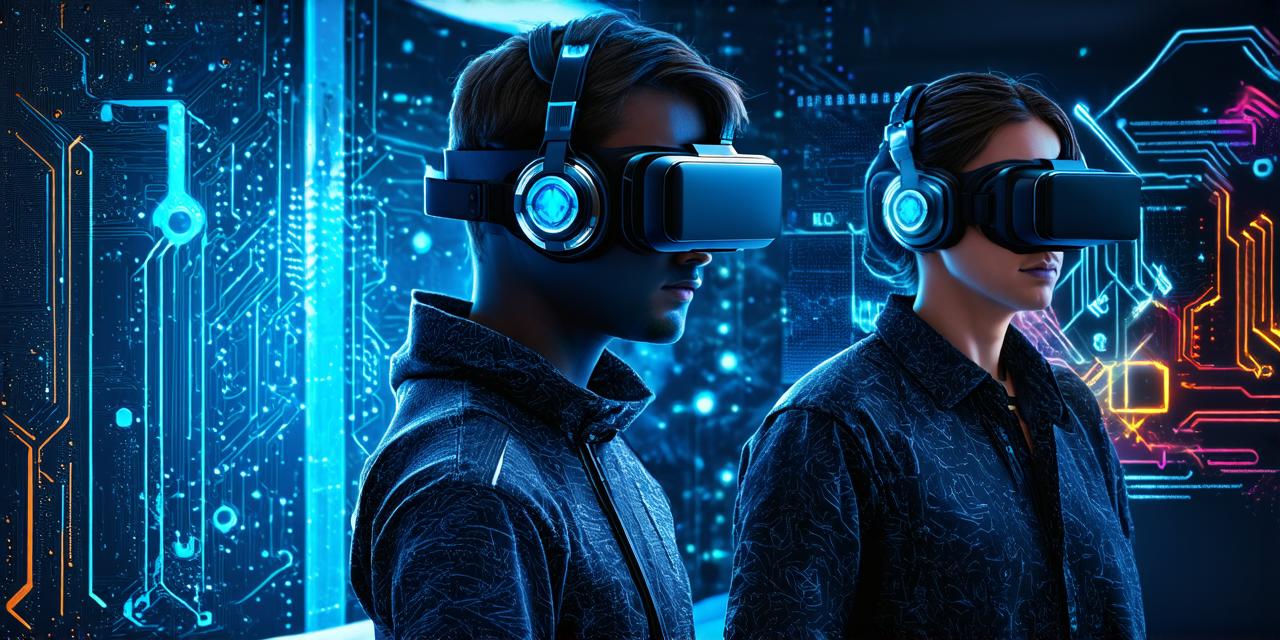Virtual reality (VR) is an emerging technology that has the potential to revolutionize many aspects of our lives, including education and healthcare.
Virtual Reality: What is it?
Virtual reality is a computer-generated simulation that creates an immersive, interactive environment that can be experienced through special headsets or other devices such as smartphones or tablets. In VR, users are able to interact with virtual objects and environments in real-time, which has led to its use in a wide range of applications, including gaming, training, and education.
Cognitive Development: What is it?
Cognitive development refers to the process by which we acquire and develop our mental abilities, such as attention, memory, problem-solving, and language skills. This process begins at birth and continues throughout life, with different stages of cognitive development leading to specific milestones and achievements.
The Impact of Virtual Reality on Cognitive Development
There is a growing body of research that suggests that virtual reality can have a positive impact on cognitive development, particularly in young people. Here are some key findings:

- Improved Attention: One study published in the journal Frontiers in Human Neuroscience found that children who wore VR headsets for 30 minutes showed significant improvements in sustained attention compared to those who did not use VR.
- Enhanced Memory: Another study published in the journal Cyberpsychology & Behavior found that students who used VR to learn about history showed better recall of information compared to those who learned through traditional means such as textbooks or lectures.
- Improved Problem-Solving Skills: A study published in the journal Computers & Education found that students who used VR simulations to learn about physics showed better problem-solving skills compared to those who learned through traditional means.
- Improved Language Skills: A study published in the journal Frontiers in Human Neuroscience found that students who used VR to practice language skills showed better performance on tests compared to those who practiced through traditional means such as textbooks or conversation partners.
Personal Experiences
As a VR developer, I have seen firsthand the potential of VR to impact cognitive development. For example, when working with a group of students to create an educational VR experience about ancient Egypt, I was amazed at how quickly and easily they were able to understand complex concepts such as hieroglyphics and pyramid building techniques. This is likely because VR provided a highly immersive and interactive environment that allowed them to explore and experiment with these concepts in a way that traditional teaching methods could not replicate.
Case Studies
There are many real-life examples of how VR has been used to impact cognitive development in children and adolescents. For example, one school in the United States has been using VR simulations to teach students about science and technology, with great results. Another organization has been using VR to help children with autism develop social skills and empathy.
Expert Opinions
Experts in the field of education and psychology are also increasingly recognizing the potential of VR to impact cognitive development. For example, a professor of educational psychology at a leading university recently said that he believes VR will revolutionize the way we teach and learn in the coming years.
